Not drinking water may indeed increase the probability of acne. Skin dehydration can lead to imbalanced oil secretion, accumulation of metabolic waste, thickening of the stratum corneum, impaired barrier function, and exacerbation of inflammatory reactions, which in turn can trigger or worsen acne.
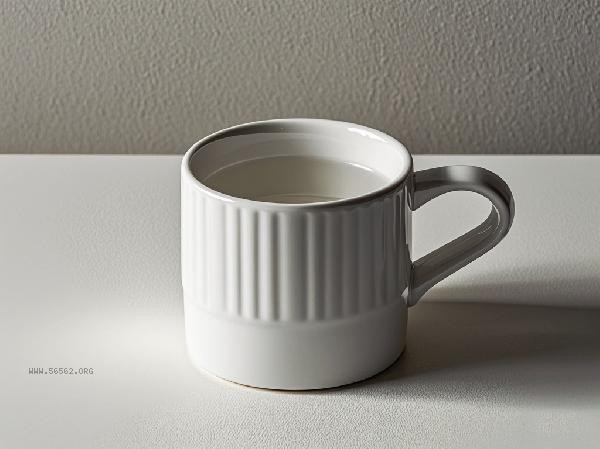
1. Imbalance of oil secretion
When the body lacks water, sebaceous glands will compensate by secreting more oil to compensate for the lack of skin moisture. Excessive oil can easily clog pores and mix with keratinocytes to form keratin plugs, creating conditions for the proliferation of Propionibacterium acnes. It is recommended to drink small amounts of water multiple times a day to help maintain water oil balance.
2. Accumulation of metabolic waste
Adequate hydration is an important medium for the body to detoxify. Insufficient water intake can lead to ineffective excretion of metabolic products such as urea and lactate through sweat and urine, and some toxins may be excreted through the skin, stimulating hair follicles and causing inflammation. Moderate drinking water can promote kidney filtration function and reduce skin excretion burden. 3. Thickening of the stratum corneum. Dehydration can cause keratinocytes to dehydrate and harden, affecting the normal shedding cycle. The accumulated stratum corneum forms a physical barrier that hinders sebum secretion and increases the risk of pore blockage. Drinking enough water daily can maintain the moisture content of the stratum corneum and promote normal renewal of keratinocytes.
4. Damaged barrier function
The skin barrier requires moisture to maintain its brick wall structure. Lack of water can lead to disordered lipid arrangement between cells, weaken barrier defense ability, and make it easier for external stimuli to invade and trigger inflammatory reactions. Regular drinking water combined with moisturizing care can help repair the skin barrier function.
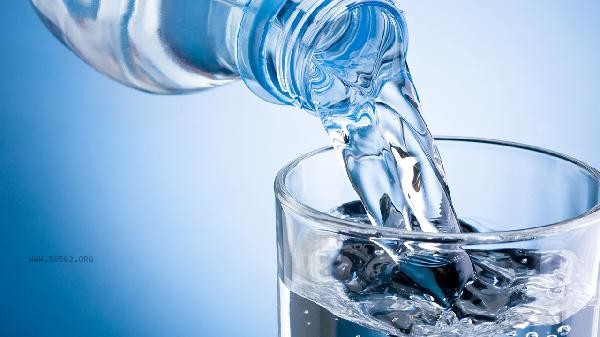
5. Increased inflammatory response
Dehydration can increase the concentration of inflammatory factors in the blood and reduce local skin immunity. When bacteria have already settled in the hair follicles, dehydration accelerates the progression of inflammation, making it easier for redness, swelling, and acne to form. Maintaining water intake can regulate the level of inflammation in the body and assist in controlling the deterioration of acne. In addition to ensuring sufficient daily water intake, individuals with acne should avoid high sugar and high-fat diets and reduce their intake of dairy products. Choose mild amino acid cleansing products to avoid excessive cleansing that damages the skin barrier. Using skincare products containing zinc or niacinamide can help control oil and reduce inflammation. If acne occurs repeatedly or is accompanied by obvious redness, swelling and suppuration, it is recommended to seek professional treatment in time. The doctor may prescribe retinoic acid cream, benzoyl peroxide gel or antibiotics according to the situation. At the same time, pay attention to regular sleep and stress reduction, and avoid staying up late to worsen endocrine disorders.
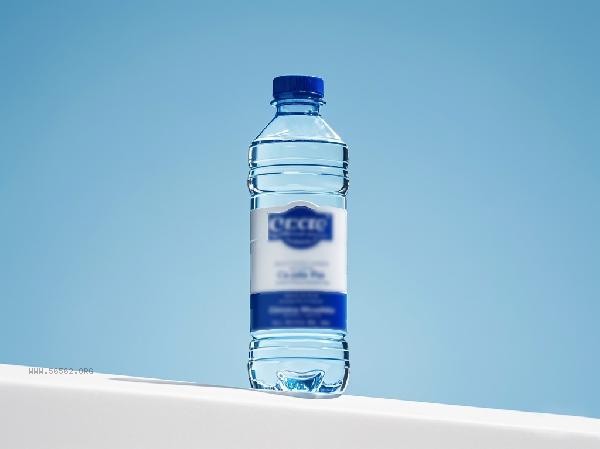

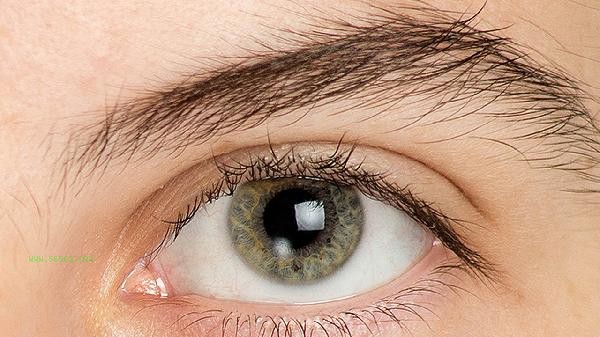
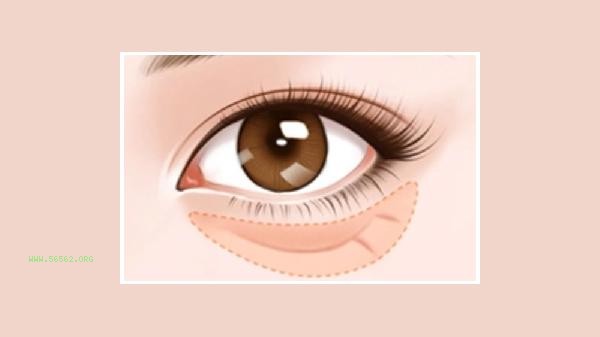
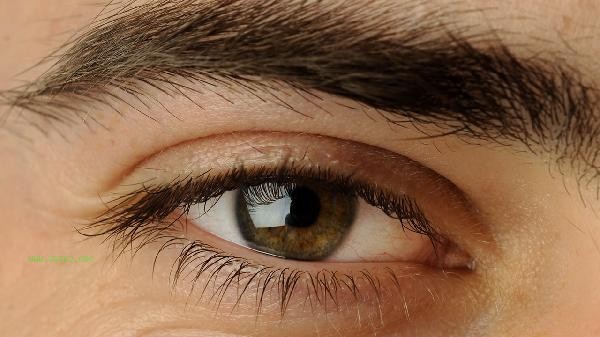
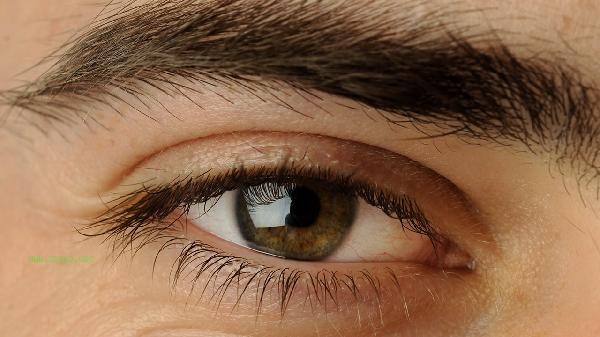



Comments (0)
Leave a Comment
No comments yet
Be the first to share your thoughts!